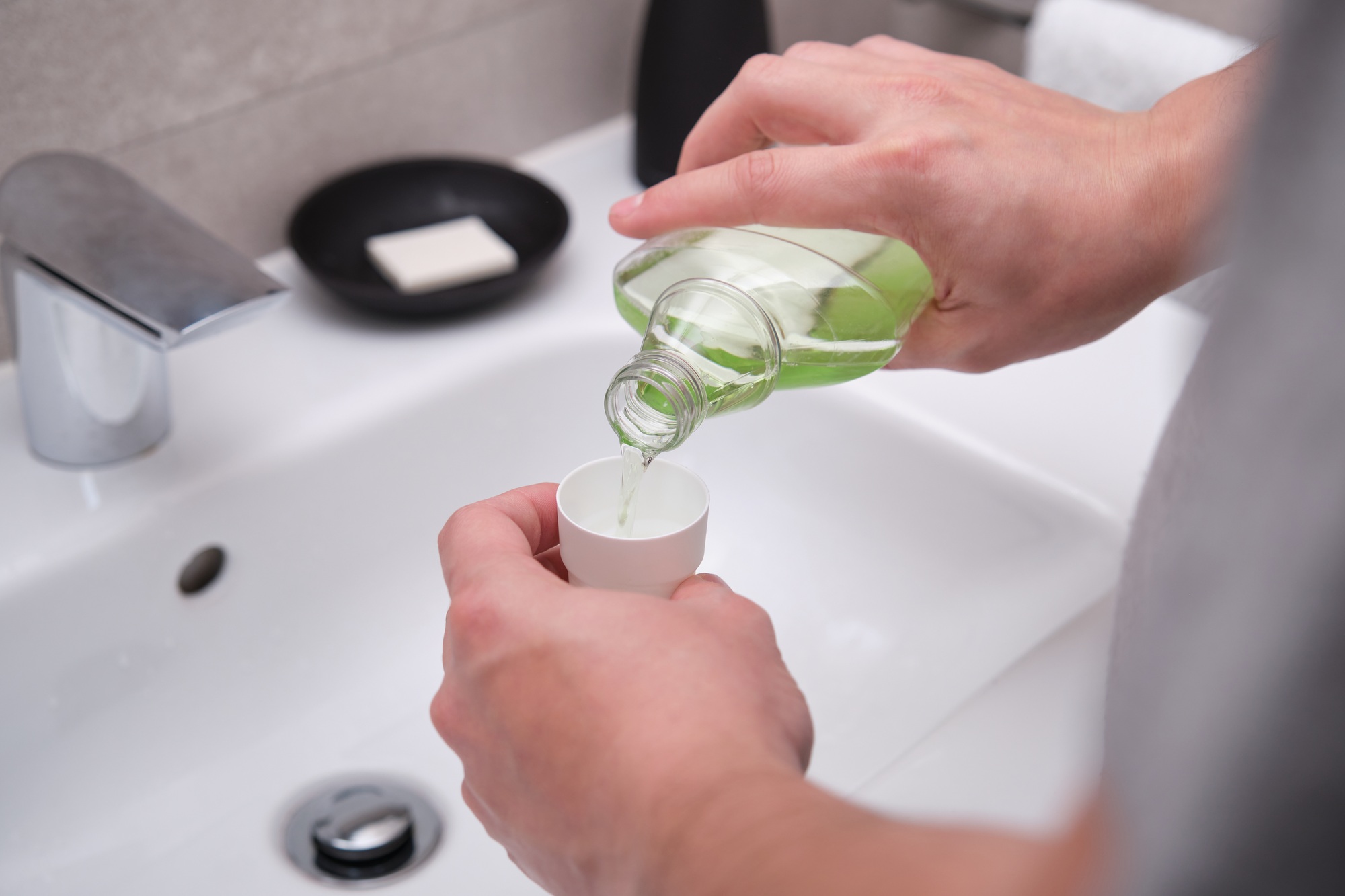When it comes to keeping your teeth and gums healthy, brushing and flossing usually take center stage. But where does mouthwash fit into your oral care routine?
If you’re wondering whether adding this minty rinse to your day is worth it, stick around. Let’s break down the benefits and potential downsides of using mouthwash, so you can decide what’s best for your smile.
The Benefits of Using Mouthwash
Mouthwash often gets credit for doing more than just leaving you with fresh breath. Here are its key benefits:
1. Fights Bad Breath
Ever had a garlic-heavy dinner and hoped mouthwash could save the day? Mouthwash quickly freshens your breath by killing bacteria and neutralizing odors. While it’s not a long-term solution, it’s a handy quick fix when you’re in a pinch.
2. Reduces the Risk of Cavities
Many mouthwashes, especially those containing fluoride, help strengthen your enamel and prevent cavities. Fluoride works as a shield, protecting your teeth from acids that can wear them down over time.
3. Helps Combat Gum Disease
Mouthwash with antibacterial properties can kill harmful bacteria that cause gum infections. Regular use may reduce the risk of gingivitis (a mild type of gum disease) and help improve overall gum health.
4. Reaches Places Your Toothbrush Can’t
Your toothbrush and floss are your first line of defense, but mouthwash can reach the nooks and crannies where plaque bacteria love to hide. This makes it an excellent backup tool to your regular brushing and flossing routine.
The Negatives of Mouthwash
While the benefits sound promising, it’s important to know the potential downsides of using mouthwash. Overusing it, or choosing the wrong type, can sometimes do more harm than good.
1. Alcohol Content
Some mouthwashes contain alcohol, which can cause a burning sensation or dry out your mouth. A dry mouth can actually make bad breath worse by reducing saliva production, which your mouth needs to wash away food particles and bacteria.
2. May Mask Oral Health Issues
Mouthwash might make your breath smell fresh temporarily, but it can also cover up underlying oral problems like gum disease or tooth decay. If you find yourself constantly relying on mouthwash to fix bad breath, it’s best to see your dentist to address the cause.
3. Potential Staining
Believe it or not, some mouthwashes (especially those with chlorhexidine) can lead to staining on your teeth with prolonged use. This is more common in medicinal mouthwashes, so be sure to follow your dentist’s recommendations if prescribed one.
How to Choose the Right Mouthwash
With so many types to choose from, picking the right mouthwash can feel overwhelming. Here are a few tips to make the process easier:
- Go Alcohol-Free: If you’re worried about dryness or burning, try an alcohol-free formula. They’re gentle on your mouth while still being effective.
- Look at Your Needs: Want extra cavity protection? Choose one with fluoride. Struggling with gum health? Go for a product with antibacterial properties.
- Seek Professional Advice: Everyone’s oral health is different. If you’re unsure which mouthwash is best for you, ask your dentist or hygienist for recommendations.
Mouthwash as Part of a Healthy Routine
Mouthwash can be a valuable addition to your oral care routine—but it’s not a replacement for brushing and flossing. Think of it as the cherry on top of a solid foundation of good oral hygiene. Always read the label, follow the instructions, and use it in moderation to avoid any unwanted side effects.







